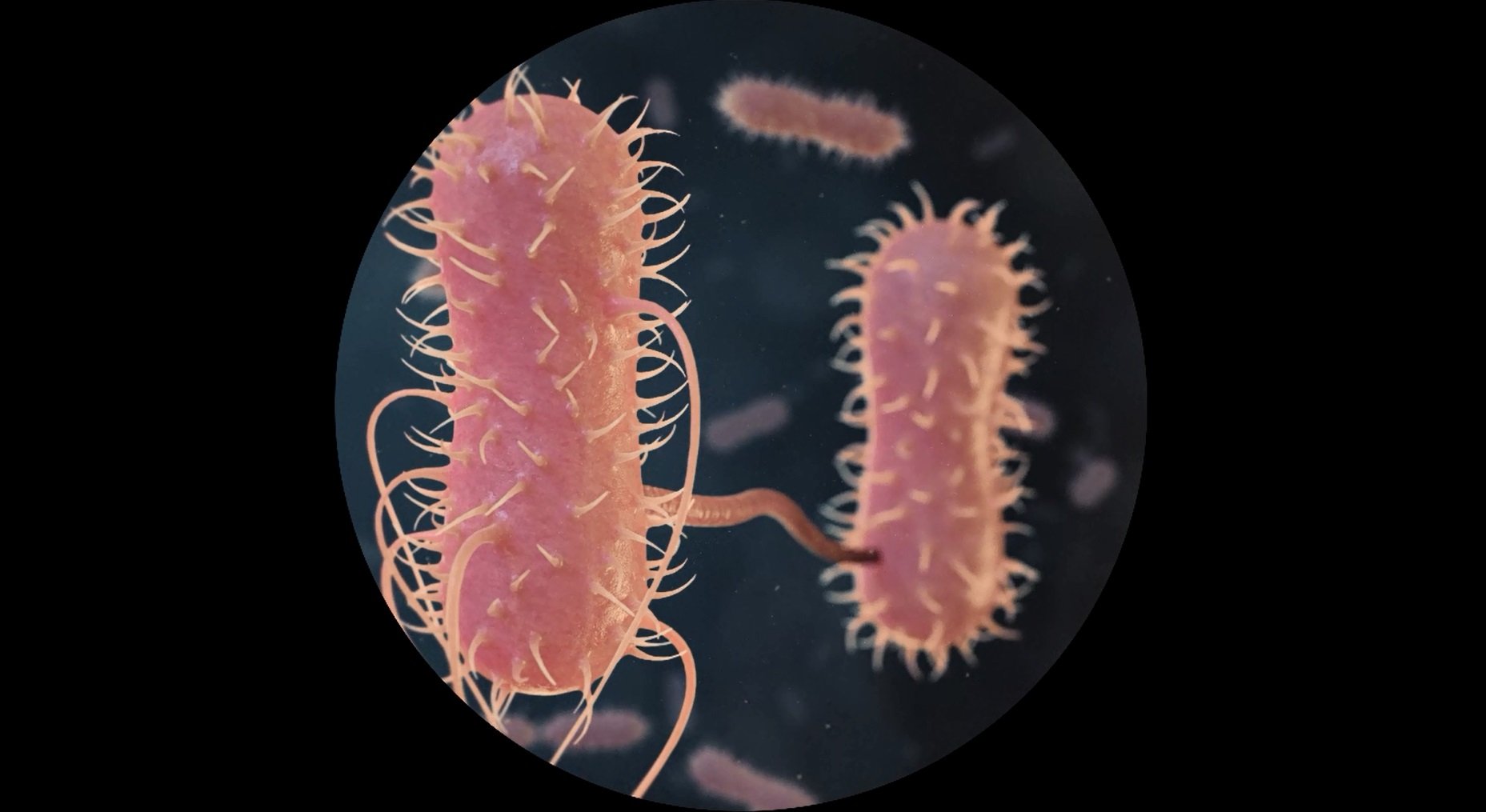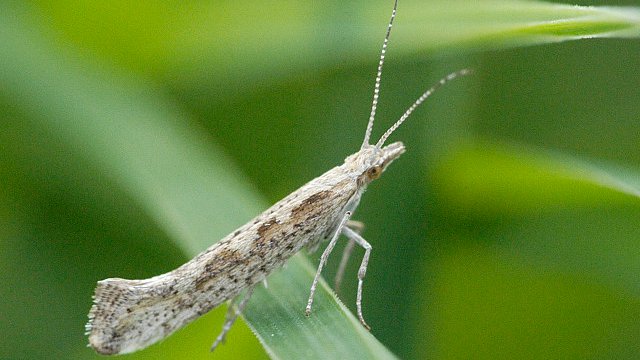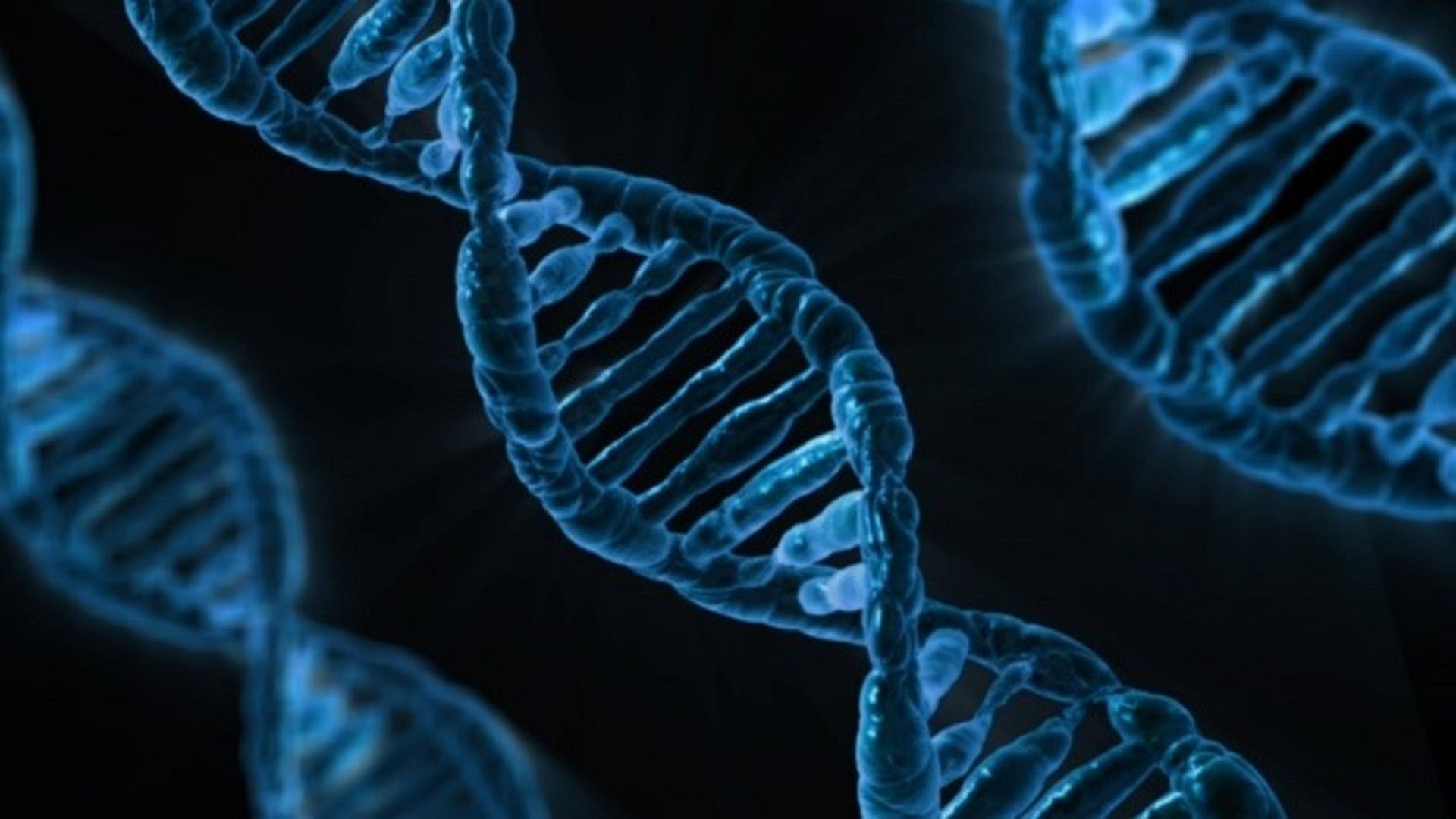Gene borrowing
Researchers from Zhejiang University (China) and Vanderbilt University (USA) looked at the genomes of 218 different insect species, including butterflies and moths. They found more than 1,400 genes originally from bacteria, viruses and fungi. These foreign genes were transferred to the insects via horizontal gene transfer (HGT). Many bacteria, for example, use HGT to give each other DNA, and thus new properties such as antibiotic resistance. Previous studies have already shown that HGT has contributed to the diversity of insects, but they have not looked at the function of the transferred genes before.

Bacteria use a pilus to exchange genetic material.
Function unknown
Using the genetic data from the 218 insect species, the researchers created an evolutionary family tree to identify the "foreign" genes. However, of the more than 1,400 genes, it was not clear what their function is, and whether their transfer is beneficial to the insects. The research team therefore decided to investigate the function of the most common foreign gene in insects (LOC105383139). This gene originally came from a Listeria bacterium and is found in all moths and butterflies. This means that the gene was transmitted to the common ancestor of moths and butterflies via HGT more than 300 million years ago.

The bacterial gene LOC105383139 affects not only the mating behavior of male cabbage moths but also the number of viable eggs of the female.
Essential for evolution
To test the effect of the gene, LOC105383139 was removed from the genome of the cabbage moth (Plutella xylostella). Not only did this cause the females to lay fewer viable eggs, but it also affected the courtship behavior of the males. Much more research is needed, but the researchers got their first glimpse into the importance of the microbe genes to insects. They expect that the genes were essential to their evolution by positively affecting their mating behavior, nutrition, growth and adaptability.
Bron
Li et al. Cell, 2022. HGT is widespread in insects and contributes to male courtship in lepidopterans.

